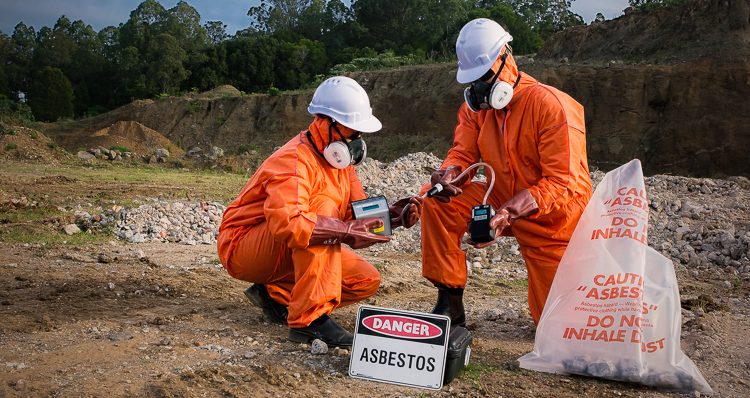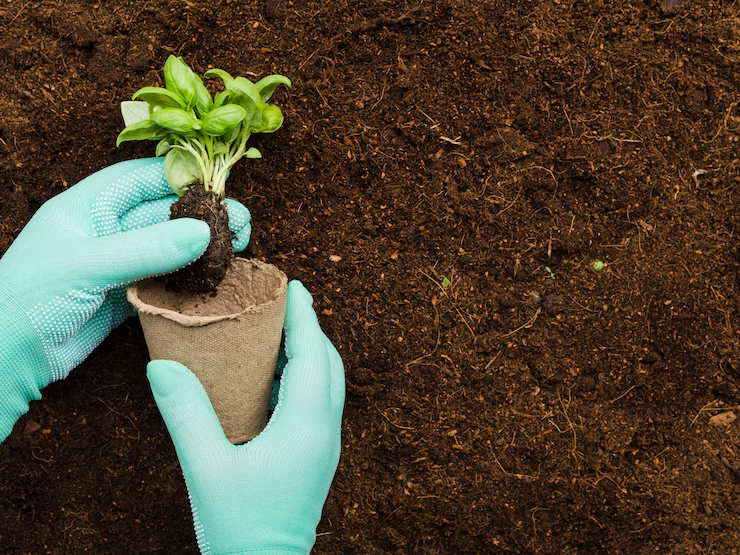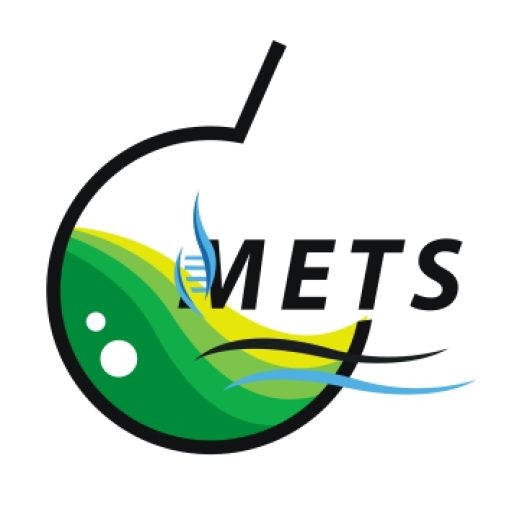
Soil Contamination Testing – METS Laboratories
At METS Laboratories, we specialize in precise and reliable soil contamination testing services. Our advanced analytical capabilities help detect and quantify harmful substances in soil, ensuring safety for agriculture, construction, environmental remediation, and regulatory compliance. Using internationally recognized methods, our soil testing services are designed to assess pollution risks and support sustainable land use.
With increasing industrialization and urban development, soil quality has become critical. Contaminated soil can pose serious health risks, damage ecosystems, reduce agricultural productivity, and cause costly delays in infrastructure projects. METS Laboratories helps clients identify these risks early and take corrective actions.
Why Soil Contamination Testing Is Important?
Soil contamination testing is essential for safeguarding human health, protecting natural resources, and maintaining legal and environmental compliance. Whether you’re developing a property, growing crops, or managing an industrial site, contaminated soil can:
• Harm crops and groundwater through toxic leaching
• Introduce heavy metals and persistent organic pollutants into the food chain
• Increase liability and risk of regulatory penalties
• Delay construction due to unsafe soil conditions
• Hinder land redevelopment and resale potential
Regulatory bodies such as CPCB, BIS, EPA, and ISO require specific testing and documentation for many industries. Proactive testing mitigates environmental and financial risks, allowing informed decisions backed by accurate data.
What We Test?
• Lead (Pb), Arsenic (As), Cadmium (Cd), Chromium (Cr), Mercury (Hg), Nickel (Ni), Zinc (Zn), Copper (Cu)
• Methods: AAS, ICP-OES, ICP-MS
• Organochlorines, Organophosphates, Carbamates, Pyrethroids
• Methods: GC-MS, LC-MS/MS
• Total Petroleum Hydrocarbons (TPH), BTEX (Benzene, Toluene, Ethylbenzene, Xylenes)
• Methods: GC-FID, GC-MS
• Benzene, Toluene, Phenols, Phthalates, PAHs
• Methods: GC-MS, HPLC
• Pathogens, coliforms, fecal bacteria
• Methods: MPN, Plate Count Techniques
• Nitrogen, Phosphorus, Potassium, Organic Matter, pH, Conductivity
• Methods: Spectrophotometry, Titration, Gravimetry
What METS Laboratories Offers?
At METS Laboratories, we provide end-to-end soil contamination testing solutions that include:
• Sample collection services across India
• Chain-of-custody assurance and GPS-tagged locations
• Analytical testing using BIS, ISO, ASTM, and USEPA methods
• Rapid turnaround time with express options
• Detailed analytical reports with actionable interpretation
• Support for EIA (Environmental Impact Assessment), land reclamation, and industrial audits
• Accredited laboratory testing under ISO/IEC 17025
We serve sectors such as real estate, agriculture, oil & gas, waste management, pharmaceuticals, and governmental bodies.
What We Ensure?
- High data accuracy and reproducibility
- Traceable and documented testing processes
- Full regulatory compliance (BIS, MoEFCC, CPCB, local SPCBs)
- Environmentally responsible sampling and disposal practices
- Confidentiality and data protection
- Expert consultation for remediation, if contamination is detected
Who It’s For?
- Environmental consultants and auditors
- Civil and geotechnical engineers
- Real estate developers and builders
- Agriculture and horticulture enterprises
- Industrial facility managers (e.g., manufacturing plants, refineries)
- Municipal authorities and urban planners
- NGOs and research institutions
- Legal and insurance assessors
Protect Consumers. Satisfy Authorities. Boost Market Confidence.
Soil contamination can directly impact health, business outcomes, and public trust. Our services help you:
• Protect consumers from exposure to toxic substances
• Meet all mandatory environmental regulations and obtain NOCs
• Avoid construction setbacks due to unsafe subsoil
• Enhance brand reputation with environmental responsibility
• Build investor and stakeholder confidence with certified data
With METS Laboratories, you gain not just a lab report—but peace of mind backed by technical excellence.
Frequently Asked Questions
How often should soil be tested?
It depends on the intended use. For agricultural land, soil should be tested annually or bi-annually. For industrial and construction sites, testing is essential before development and post-remediation.
How are soil samples collected?
Samples are collected using augers or corers at designated depths. METS offers on-site sampling by trained technicians or provides guidance for self-collection.
What is the standard turnaround time?
Standard testing results are delivered in 7–10 working days. Urgent testing (express mode) can be delivered within 2–5 days.
Do you provide support for soil remediation?
Yes, we offer consulting and data interpretation to guide remediation decisions. We can also test after remediation to confirm effectiveness.
Are your reports valid for government submissions?
Yes, our lab is accredited under ISO/IEC 17025: 2017 and our reports are accepted by regulatory bodies such as CPCB, SPCBs, and MoEFCC.





